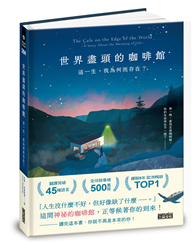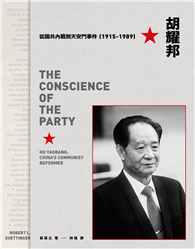This catalog, identified as "[Catalog] no. 184," from Linde Air Products Company, offers a glimpse into the early 20th-century industrial gas industry. Published around 1911, it provides valuable information about the company’s products and services at the time. Likely featuring details on oxygen, nitrogen, and other compressed gases, the catalog would have been an essential resource for manufacturers, engineers, and other professionals relying on these products.
As a historical document, this catalog offers insights into the technology, manufacturing processes, and commercial practices of a leading company in the burgeoning industrial gas sector. It provides context for understanding the development and application of these gases in various industries during a period of rapid technological advancement. This catalog would be of interest to historians of science and technology, business historians, and anyone researching the history of industrial gases and their applications.
This work has been selected by scholars as being culturally important, and is part of the knowledge base of civilization as we know it. This work was reproduced from the original artifact, and remains as true to the original work as possible. Therefore, you will see the original copyright references, library stamps (as most of these works have been housed in our most important libraries around the world), and other notations in the work.
This work is in the public domain in the United States of America, and possibly other nations. Within the United States, you may freely copy and distribute this work, as no entity (individual or corporate) has a copyright on the body of the work.
As a reproduction of a historical artifact, this work may contain missing or blurred pages, poor pictures, errant marks, etc. Scholars believe, and we concur, that this work is important enough to be preserved, reproduced, and made generally available to the public. We appreciate your support of the preservation process, and thank you for being an important part of keeping this knowledge alive and relevant.
![[Catalog] no. 184](https://addons.books.com.tw/G/prod/comingsoon_sq.jpg)









